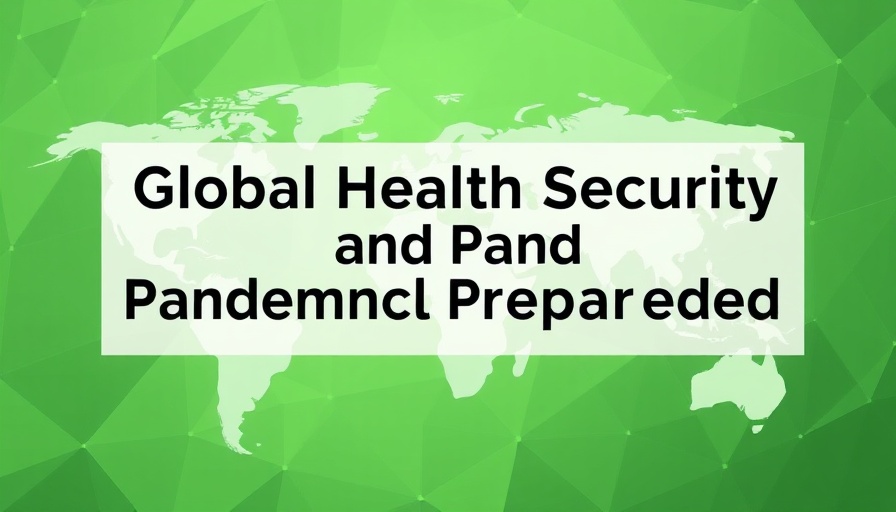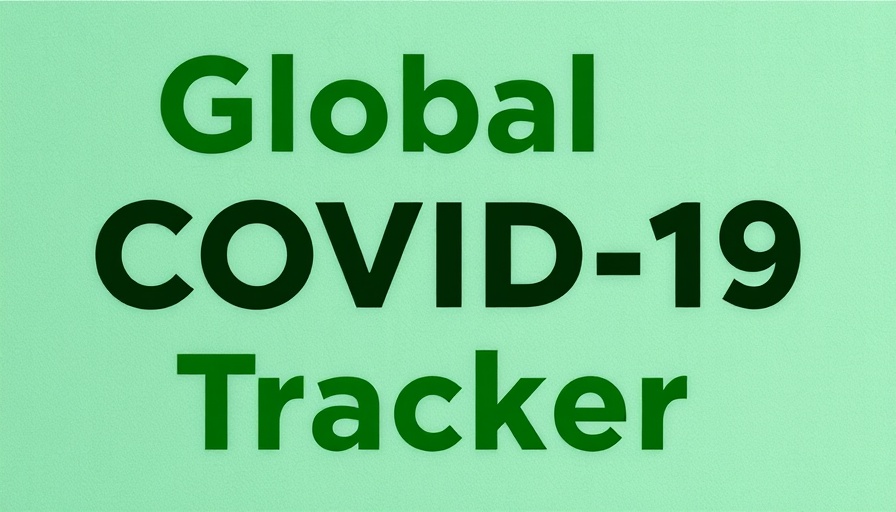
The Impact of the Trump Administration on Global Health Security
Since the beginning of his second term, President Trump's administration has initiated major changes in the landscape of global health assistance. An executive order mandating a 90-day review of foreign aid, coupled with a ‘stop-work order’ halting existing projects, have deeply disrupted ongoing health programs. The ambitious mission of USAID has been obstructed by staffing reductions and assistance cancellations, raising concerns about access to life-saving services, especially in vulnerable areas of the world.
Why Global Health Security Matters Now More Than Ever
Global health security efforts, supported by the U.S. for decades, exist to bolster low- and middle-income countries, aiming to enhance their capacity to prevent and respond to health crises. For instance, from 2014 to 2024, U.S. partnerships targeting emerging diseases have expanded significantly, illustrating a commitment to global health. These initiatives include critical components such as disease surveillance, laboratory improvements, and epidemic response training—efforts that have proven vital during recent outbreaks like Ebola and the ongoing COVID-19 pandemic.
The Significance of Current U.S. Funding Policies
Recent legislative actions have emphasized the importance of sustaining global health efforts. Although a level funding of $993 million for GHS programs has been allocated for the fiscal year 2025, these funds are essential for continuing previous successes in epidemic response and disease prevention. The commitment of U.S. investment in global health security has resulted in tangible improvements in health systems—an achievement that may be jeopardized by administrative changes if not carefully managed.
A Call to Understand the Social Stakes
The challenges faced in global health security due to these policy shifts are not just abstract issues—they resonate deeply within communities. For insured and uninsured citizens alike, understanding these changes can shed light on how health policies at the global level tangentially impact individual health outcomes. Our collective focus on ensuring health security worldwide affects local health systems and community well-being.
Why Should We Care?
In an increasingly interconnected world, the security and health of one nation can have ripple effects across the globe. Knowing about the U.S.'s role and initiatives in global health prepares us to advocate for the continuation and strengthening of these essential services. Let’s encourage conversations in our communities about not just immediate local needs, but how these global policies shape our health landscape. By informing ourselves, we become empowered advocates not just for ourselves but for those around the world.
 Add Row
Add Row  Add
Add 




Write A Comment